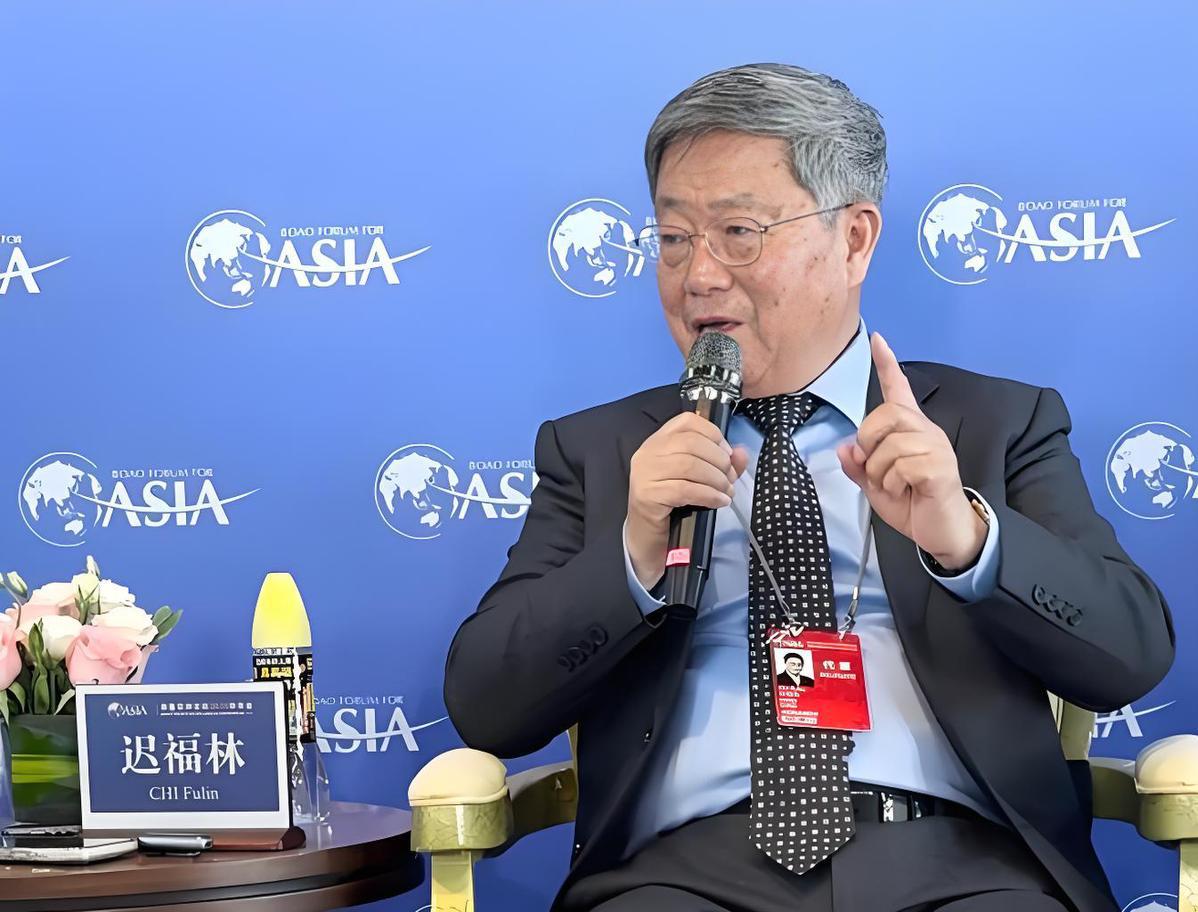
Chi Fulin, president of the China Institute for Reform and Development, speaks at the fourth Global Free Trade Port Development Forum, a sub-forum of the Boao Forum for Asia Annual Conference 2025, on Tuesday. [Photo provided to chinadaily.com.cn]
The Regional Comprehensive Economic Partnership plays a key role in advancing regional economic integration, said Chi Fulin, president of the China Institute for Reform and Development, on Tuesday during the ongoing Boao Forum for Asia Annual Conference 2025.
Chi highlighted RCEP's role against the backdrop of shifting global geopolitics, noting that it has become the world's largest, most equitable and promising free trade zone amid global uncertainties.
"RCEP covers one-third of global GDP, population and trade volume. It includes both developed and developing economies, along with least developed countries, offering a framework that emphasizes fairness and inclusiveness," he said.
Chi noted that the agreement would bring substantial benefits to less developed members. While Japan and the Republic of Korea have a rules-of-origin utilization rate of around 50 percent, other members, including China, remain below 3 percent. He identified this gap as an opportunity for growth.
He also warned that RCEP is at a critical stage. While ASEAN is projected to become the world's fourth-largest economy by 2030, and the region is expected to remain a leading growth engine, progress depends on continued openness and cooperation among member states.
Chi called for greater attention to China's engagement with ASEAN under the RCEP framework. He described it as a vital component of China's regional strategy, especially in the face of protectionist trends.
He proposed expanding RCEP's membership to include the Hong Kong Special Administrative Region, Chile and Sri Lanka. He added that alignment between RCEP and other regional organizations, such as the Shanghai Cooperation Organization and the Gulf Cooperation Council, could further advance economic integration.
Chi emphasized the importance of cooperation between the Hainan Free Trade Port and Hong Kong. He noted that trade and investment with RCEP economies already account for about 70 percent of Hong Kong's external volume.
He urged the Boao Forum for Asia to play a stronger role in supporting economic cooperation in Asia, stressing that regional stability is key to long-term development.